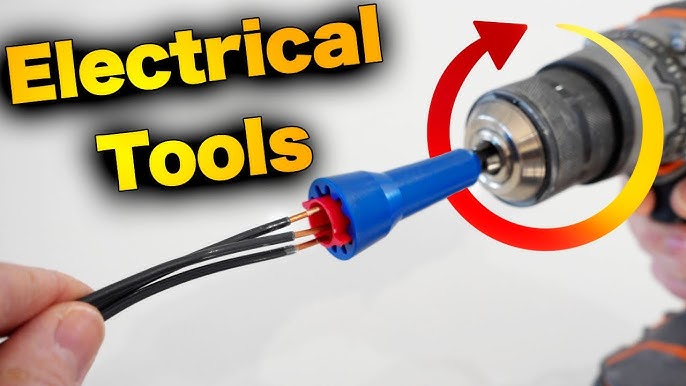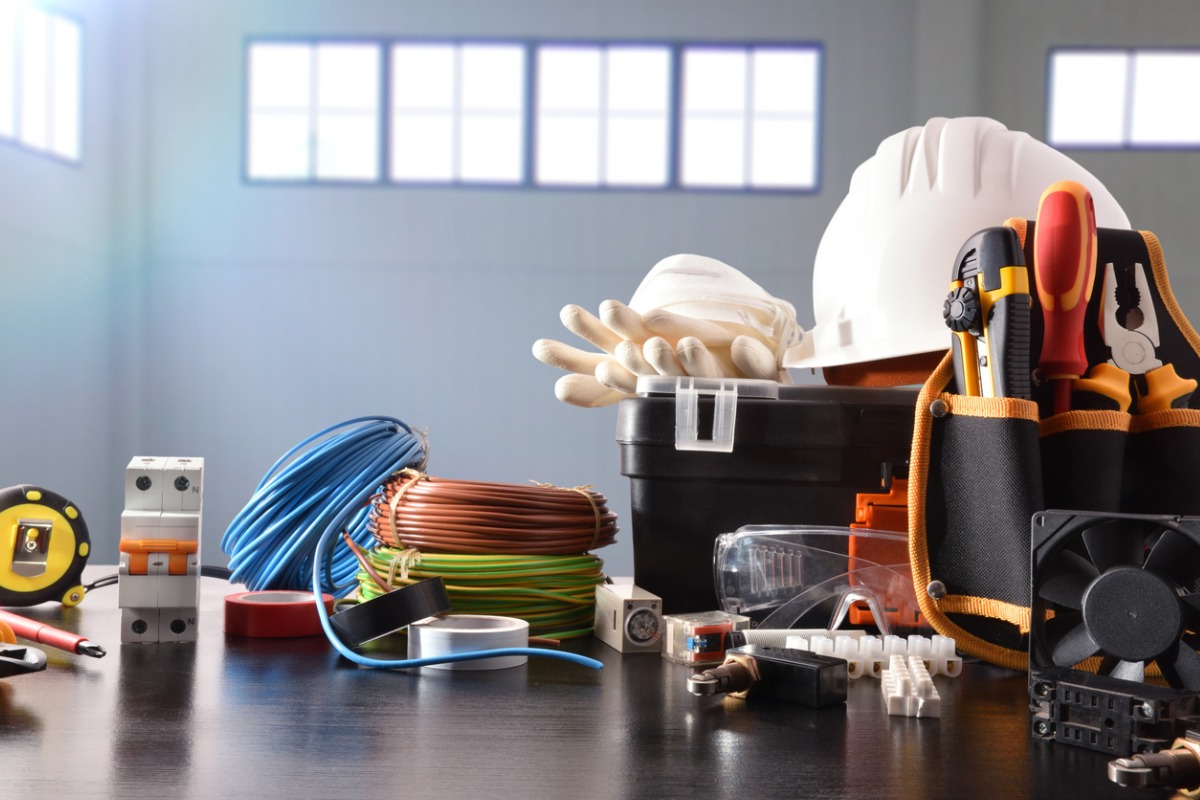Exploring the Different Types of Armoured Cord and Their Applications
Armoured cable televisions are essential components throughout different markets, offering defense and integrity. Different kinds, consisting of Steel Cord Armoured (SWA) and Aluminium armoured cables, deal with details requirements based upon atmosphere and application. Insulation materials like PVC and XLPE even more enhance their efficiency. Comprehending these differences is important for selecting the ideal cord. The ramifications of these choices can greatly affect operational efficiency and safety and security in varied fields. What factors should one consider when making such choices?
Review of Armoured Cable Kind

The PVC armoured cord is typically made use of in exterior environments due to its resistance to wetness and chemicals. The XLPE armoured cable, with cross-linked polyethylene insulation, is identified for its high thermal security and electric performance, making it appropriate for commercial setups. One more type is the AWA (Aluminum Wire Armoured) cable, frequently made use of in below ground installments where light-weight buildings are beneficial. Understanding the various armoured wire types allows experts to select the most appropriate alternative for their certain requirements, making sure safety and security and reliability in electric systems.
Steel Cable Armoured (SWA) Cable Television
Steel Wire Armoured (SWA) cable is a durable option created to endure extreme ecological conditions and mechanical anxiety. This sort of cable television features a layer of steel cord that supplies significant defense against impact, moisture, and chemical direct exposure, making it excellent for exterior and industrial applications - armoured cable. The building commonly includes a copper or aluminium conductor, shielded with PVC or XLPE, and surrounded by a steel cord armour layer
SWA cables are widely used in power distribution networks, where their durability guarantees dependable solution in tough settings. They are usually employed in underground installations, construction sites, and locations where cords may be subjected to physical damages. In addition, SWA wires sustain both reduced and high voltage applications, enhancing their convenience. Their capability to withstand deterioration and mechanical wear makes them a favored choice for several engineers and contractors when choosing cable options for demanding settings.
Aluminium Armoured Cable
Aluminium armoured cord offers a lightweight yet resilient option to traditional steel cord armoured cables, making it suitable for various applications. This sort of cable television is typically used in commercial and commercial setups, where versatility and simplicity of setup are paramount. Its reduced weight facilitates handling, reducing the labor prices connected with installment.
Aluminium armoured wires are specifically beneficial in environments that require security against mechanical damage, wetness, and chemical exposure. They are usually employed in power circulation, underground installations, and outside applications, showcasing their adaptability. Additionally, the rust resistance of aluminium improves the long life of the cable in rough problems.
Making use of aluminium also adds to cost-effectiveness, as it is typically more economical than steel. swa cable. check out here Overall, aluminium armoured wire stands for a practical selection for demanding electric systems, integrating efficiency, security, and economic advantages
PVC vs. XLPE Protected Armoured Cables
When comparing insulated armoured cables, PVC (Polyvinyl Chloride) and XLPE (Cross-Linked Polyethylene) stand out as 2 favored materials, each offering unique advantages for certain applications. PVC is recognized for its exceptional mechanical buildings and cost-effectiveness, making it a preferred option for general-purpose wiring. It gives good insulation and resistance to chemicals, though it may have restrictions in temperature level tolerance and versatility. In comparison, XLPE boasts exceptional thermal resistance and is appropriate for greater temperature atmospheres, making it optimal for applications calling for high efficiency and resilience. XLPE insulation likewise improves electric homes, using lower dielectric loss and enhanced energy effectiveness. While PVC cords are commonly made use of in residential and commercial installments, XLPE cables are favored in commercial and utility settings where toughness and dependability are vital. Eventually, the option between PVC and XLPE depends upon the details needs of the installation atmosphere and the preferred performance qualities.
Applications of Armoured Cables in Numerous Industries
Armoured wires, with their robust building and safety functions, discover comprehensive use across different sectors. In the building and construction market, they offer reputable electric links in severe environments, making certain safety and sturdiness. The telecommunications sector uses armoured cables to guard information transmission lines from physical damage, especially in outside installations. In mining and quarrying, these wires are important for powering hefty machinery and devices, where direct exposure to harsh conditions prevails. Furthermore, the oil and gas market utilizes armoured wires to preserve functional honesty in difficult environments, consisting of offshore systems. The renewable power sector likewise benefits, as these cables are considerable for wind and solar farms, linking various elements while holding up against ecological stress factors. In general, armoured wires are vital for making certain continuous solution, protecting facilities, and enhancing functional efficiency throughout diverse applications.

Often Asked Inquiries
Just how Do I Choose the Right Armoured Cable for My Task?
Selecting the ideal armoured wire involves examining job specifications, including environmental conditions, electrical lots demands, and installment area. Consulting sector requirements and seeking specialist guidance can also ensure suitable selection for safety and security and effectiveness.
Can Armoured Cables Be Used Outdoors and Underground?
Armoured cable televisions view it now can indeed be utilized outdoors and underground. Their durable building and construction secures versus ecological elements, dampness, and physical damage, making them appropriate for various installments, including those revealed to severe weather or below ground atmospheres.
What Is the Lifespan of Armoured Cables?
Armoured cable televisions typically have a life-span of 25 to thirty years, depending upon ecological conditions and setup techniques. Appropriate maintenance and security from extreme problems can further improve their toughness and long life.

Are Armoured Cables Resistant to Chemical Direct Exposure?
Armoured wires display varying levels of resistance to chemical exposure, depending on their insulation materials. Typically, specific types withstand chemicals better than others, making it important to pick appropriate wires for certain environments and applications.
How Do Armoured Cable Televisions Deal With Temperature Level Fluctuations?
Armoured cords are created to endure temperature level fluctuations properly. Their durable construction enables them to maintain efficiency and insulation stability across differing temperatures, making them appropriate for varied environments and decreasing the danger of damage.
Various kinds, including Steel Cord Armoured (SWA) and Aluminium advice armoured cable televisions, cater to certain demands based on atmosphere and application. Armoured cables are important parts in different electrical installations, giving boosted protection versus mechanical damages and ecological elements. Aluminium armoured cord offers a light-weight yet sturdy option to conventional steel cable armoured cable televisions, making it ideal for various applications. When comparing insulated armoured cords, PVC (Polyvinyl Chloride) and XLPE (Cross-Linked Polyethylene) stand out as 2 widely secondhand products, each offering distinctive benefits for specific applications. While PVC cable televisions are frequently utilized in industrial and property installments, XLPE cable televisions are preferred in commercial and utility setups where toughness and integrity are critical.